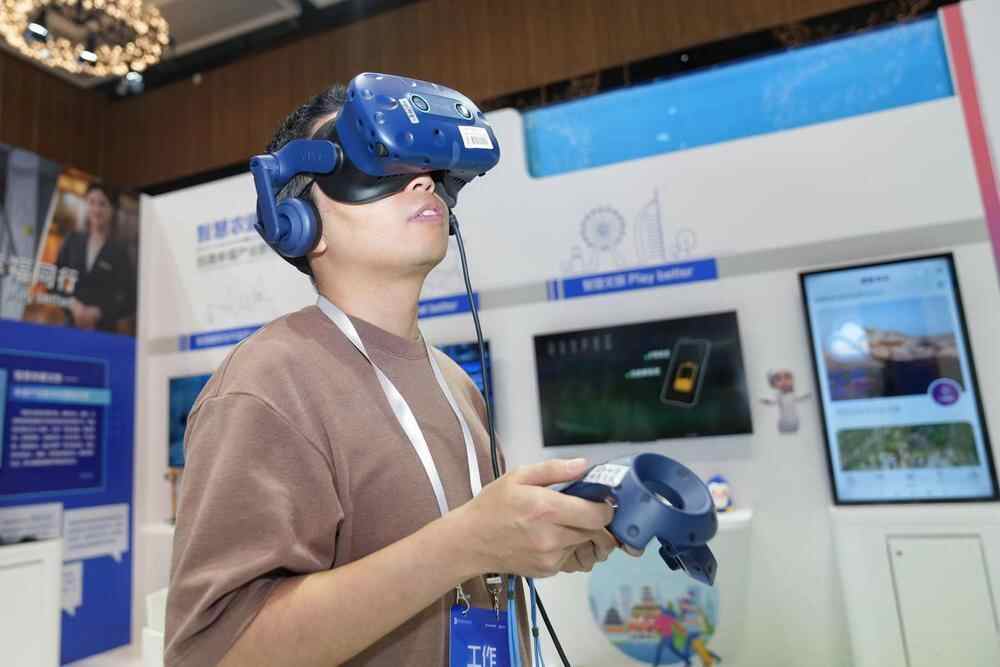"Impressive AAA game from China!" A week ago, Elon Musk shared an AI-generated image on social media, depicting the protagonist "Wukong" from the video game Black Myth: Wukong as a character resembling himself.
As the first AAA game developed in the Chinese mainland, Black Myth: Wukong became an instant global sensation upon its release. Within just two weeks, the game sold 18 million copies and generated over 866 million dollars in revenue, placing it among the fastest-selling games worldwide.
Guangdong has been a key hub for the development of the Chinese gaming industry, and Black Myth: Wukong owes much of its success to this region. The game's developer, Game Science, is headquartered in Shenzhen, and most of its founding team members hail from Tencent, a major Guangdong-based gaming giant.
From the perspective of game industrialization, Guangdong leads the country with a robust digital economy and a deep pool of industry talent. The success of Black Myth: Wukong is closely linked to the comprehensive support provided by Guangdong, encompassing research and development, testing, operations, and international expansion.

In recent years, numerous global hit games such as Fun Party, Eggy Party, and Dungeon Fighter Online share a common characteristic: they originate from Guangdong and bear the mark of being "Made in Guangdong".
According to the 2023 Guangdong gaming industry report released in January 2024, Guangdong's gaming industry accounted for about 80% of the national market share in 2023. The industry's revenue reached a five-year high of 245.08 billion yuan.
Guangzhou and Shenzhen are leading the charge, contributing approximately 70% of Guangdong's gaming industry revenue.
In Shenzhen alone, gaming industry revenue surpassed 100 billion yuan. As early as last year, Shenzhen introduced a series of support policies and special funds, with subsidies reaching up to 10 million yuan, aiming to establish itself as an international eSports capital by 2025.
In Guangzhou, there are over 3,000 gaming companies, including industry giants like NetEase Games and 37 Interactive Entertainment, both of which have annual revenues exceeding 10 billion yuan.
The gaming industry represents a fusion of digital and cultural industries. A 2021‑2025 action plan unveiled by Guangdong for the development of strategic emerging industry clusters in digital creativity aims for the digital creativity industry's revenue to exceed 600 billion yuan by 2025, with the gaming industry contributing 270 billion yuan.
Zooming in from the macro level, Guangdong has long established a full-chain gaming industry encompassing development, operations, and distribution. The region's advanced digital economy foundation has enabled game companies to incorporate AI, cloud computing, and large models into the industrialization of game development.
Amidst this growth, expanding internationally has become a common goal for the gaming industry.
The 2023 China gaming industry report revealed that in 2023, the overseas revenue of Chinese-developed games reached 16.366 billion dollars, marking the fifth consecutive year of surpassing 100 billion yuan.
For example, in Guangzhou, approximately 65% of gaming companies have engaged in overseas business, with the city's online game export revenue expected to reach 21.5 billion yuan in 2023.
Souce | Lingnan on the Cloud
















